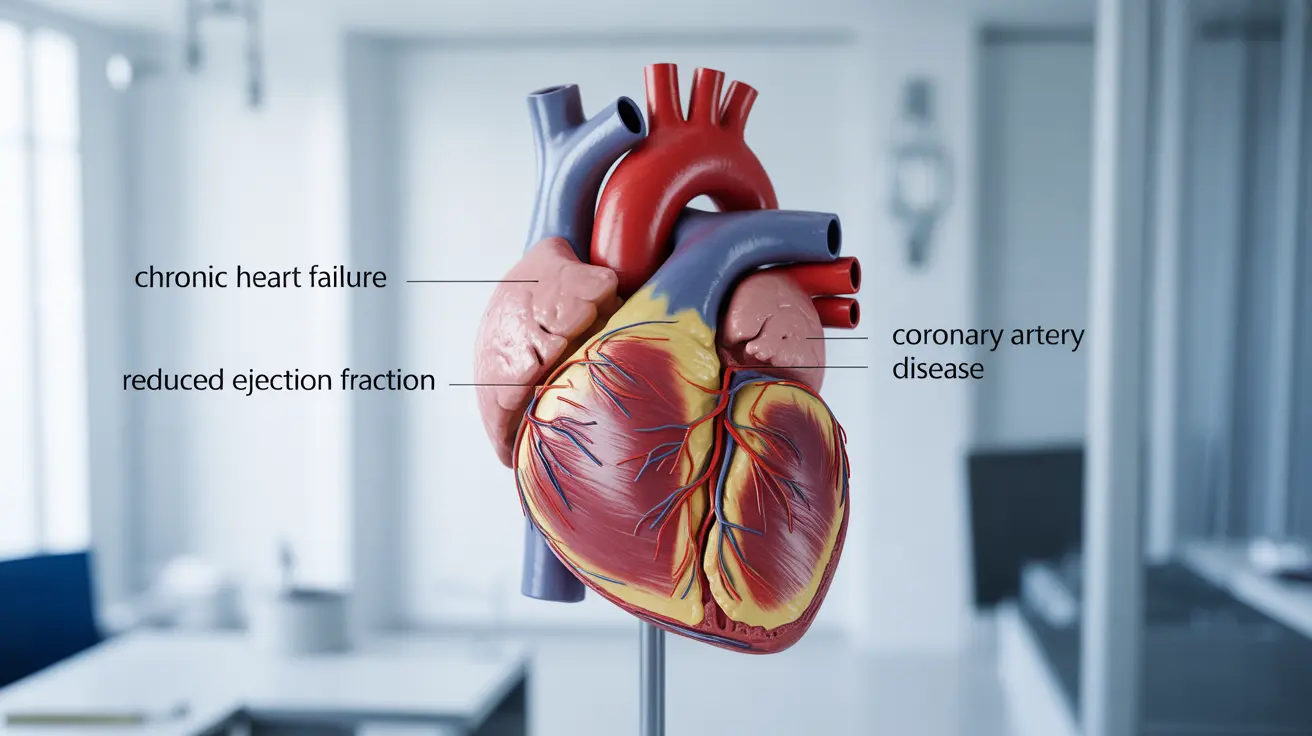Living with heart problems can significantly impact your ability to work and maintain employment. If you're struggling with a heart condition that affects your capacity to perform job duties, you may be eligible for Social Security disability benefits. Understanding the qualification process and requirements is crucial for a successful disability claim.
This comprehensive guide will walk you through the process of obtaining disability benefits for heart-related conditions, including qualification criteria, required documentation, and what to expect during the application process.
Understanding Social Security Disability for Heart Conditions
The Social Security Administration (SSA) recognizes various heart conditions as potentially disabling conditions. These include chronic heart failure, coronary artery disease, heart transplants, and recurring arrhythmias. However, simply having a diagnosis isn't enough – you must prove that your condition significantly limits your ability to work.
Medical Criteria for Heart-Related Disability Claims
The SSA evaluates heart conditions under specific medical criteria outlined in their Blue Book listings. To qualify, your condition must either meet these listings exactly or be severe enough to prevent substantial gainful activity.
Key Qualifying Criteria
- Chronic heart failure with documented symptoms
- Reduced ejection fraction with specific measurements
- Coronary artery disease with documented episodes
- Recurrent arrhythmias despite prescribed treatment
- Post-heart transplant status
Required Medical Documentation
Strong medical evidence is crucial for a successful disability claim. Your application should include:
- Detailed medical records from cardiologists and other specialists
- Results from specific cardiac tests (EKGs, stress tests, imaging)
- Documentation of medications and treatments
- Records showing how your condition affects daily activities
- Hospital admission records for cardiac events
The Application Process Timeline
The disability application process for heart conditions typically involves several stages:
- Initial application submission (3-5 months for review)
- Reconsideration if initially denied (3-4 months)
- Administrative hearing if needed (several months to over a year)
Alternative Qualification Routes
If your heart condition doesn't exactly match the SSA's listings, you may still qualify through a medical-vocational allowance. This considers your age, education, work experience, and remaining functional capacity to determine if you can perform any type of work.
Frequently Asked Questions
How hard is it to qualify for Social Security disability benefits for heart problems?
Qualifying for disability benefits with heart problems can be challenging but is definitely possible with proper documentation. Success typically depends on having strong medical evidence showing your condition severely limits your ability to work and meets SSA's specific criteria.
What medical criteria does the SSA use to approve disability claims for congestive heart failure?
The SSA looks for specific medical evidence including reduced ejection fraction, chronic heart failure symptoms, documented cardiac events, and evidence that your condition persists despite following prescribed treatments.
Can I get disability if my heart condition doesn't meet the exact SSA listings but still limits my ability to work?
Yes, you can potentially qualify through a medical-vocational allowance if your condition doesn't meet the exact listings but still prevents you from performing substantial gainful activity when considering your age, education, and work experience.
What kinds of medical evidence and documentation are needed to support a disability claim for heart failure?
You'll need comprehensive medical records including test results (EKGs, stress tests, imaging), detailed treatment notes from specialists, documentation of medications and their effects, and records showing how your condition impacts your daily activities and ability to work.
How long does the Social Security disability application process take for heart-related disabilities?
The initial application typically takes 3-5 months for review. If denied and appealed, the reconsideration phase takes 3-4 months, and if a hearing is needed, the entire process could extend beyond a year.




